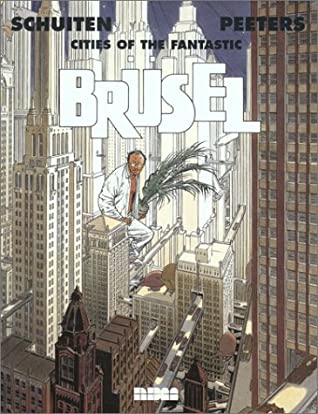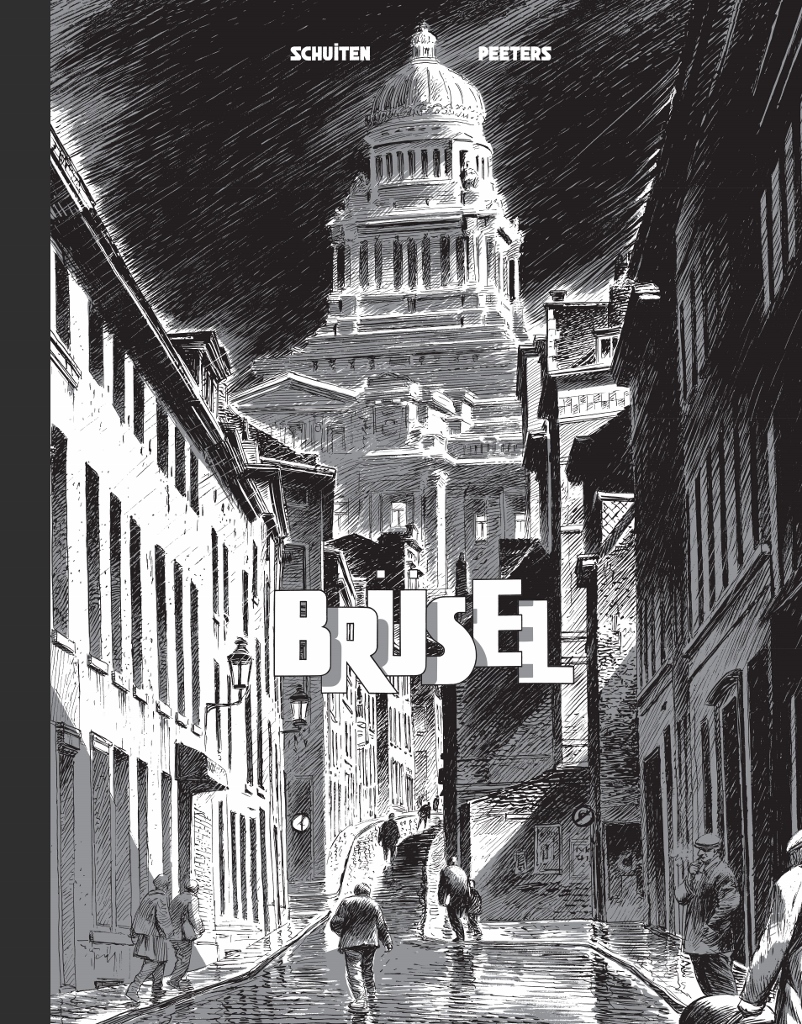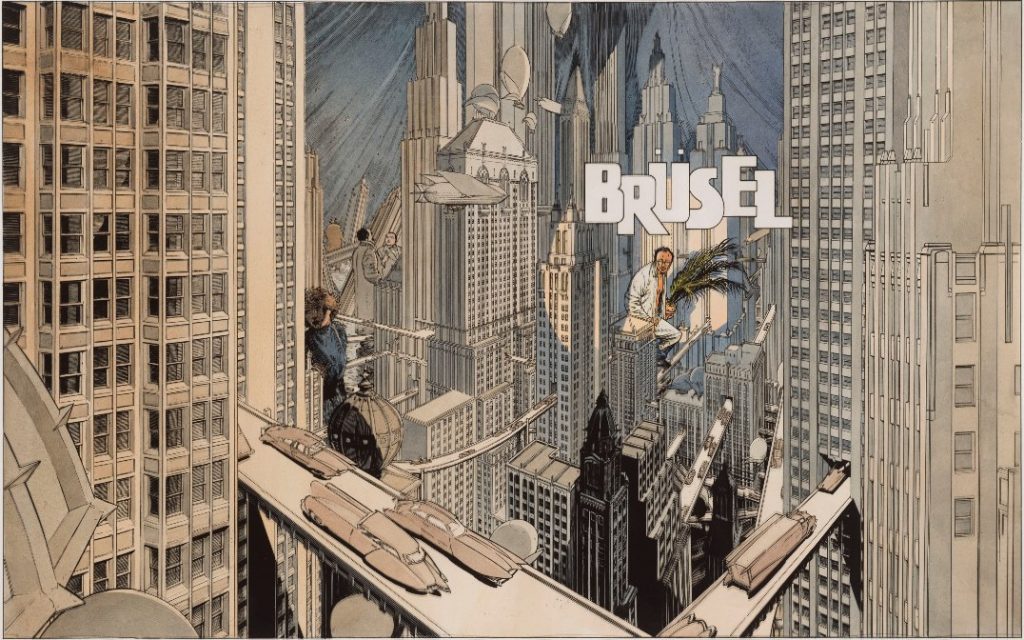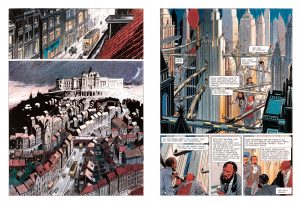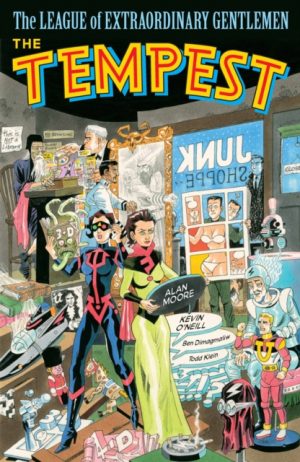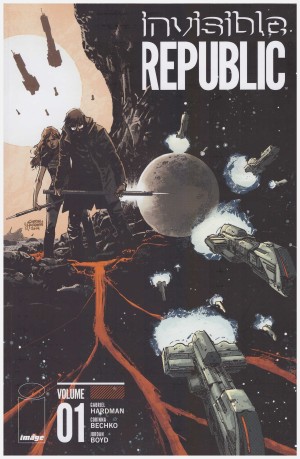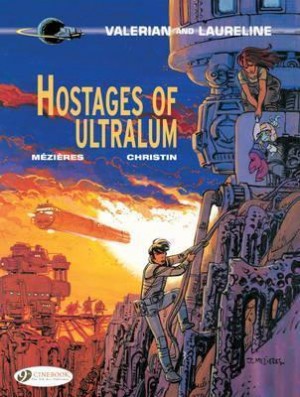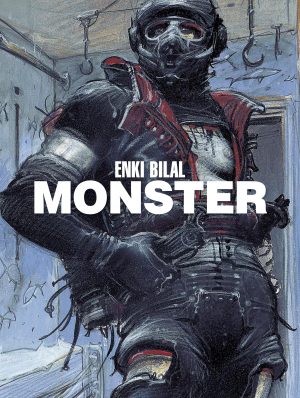Review by Woodrow Phoenix
The universe of the Chronicles of the Obscure Cities is an alternate Earth where some things are identical to the Earth we inhabit, but much is radically different. It’s a retro-future world where the 1900s never really ended. Buildings, technologies, and fashions are still primarily Art Nouveau, Art Deco and 1930s Modernist in style. Language and attitudes are equally formal and Victorian, then occasionally utopian like a Jules Verne novel with a touch of Aldus Huxley’s Brave New World.
The city of Brüsel is Brussels through François Schuiten and Benoit Peeters’ alternate-world filter. It’s an old city with many beautiful old neighbourhoods, parks and streets being destroyed and replaced by Freddy de Vrouw, a very wealthy businessman who completely dominates the board of city administration. Mr Constant Abeels owns a flower shop in the path of de Vrouw’s wrecking ball, and having only just renovated his premises he is determined to prevent them being destroyed. However, his health is deteriorating (the untranslated sound effect “Theu Theu” is his wracking cough) and in his efforts to find and address the men responsible he ends up confined in a maze-like hospital that may be the last bed he ever occupies.
The mixture of escalating difficulties, eccentric personalities and out-of-control technology are obviously meant to be satirical, but the tone is so uneven that it’s hard to enjoy Brüsel unreservedly. The intelligence of the painstakingly detailed, intricate portrait of a different world that holds a mirror up to ours is instantly derailed by a couple of frankly idiotic scenes where the frail Constant Abeels is assisted in his ordeal by Lucy. She’s a beautiful young women whose clothes literally fall off seconds after she meets him, leading to frenzied sex after which the story just proceeds as before.
Brüsel is the fifth of the Chronicles of the Obscure Cities and so far the least revised of the series, published in English just a year after its French edition. Many characters from previous stories appear in this book, some for only a couple of panels, and the city Brüsel itself features again in The Theory of the Grain of Sand.
